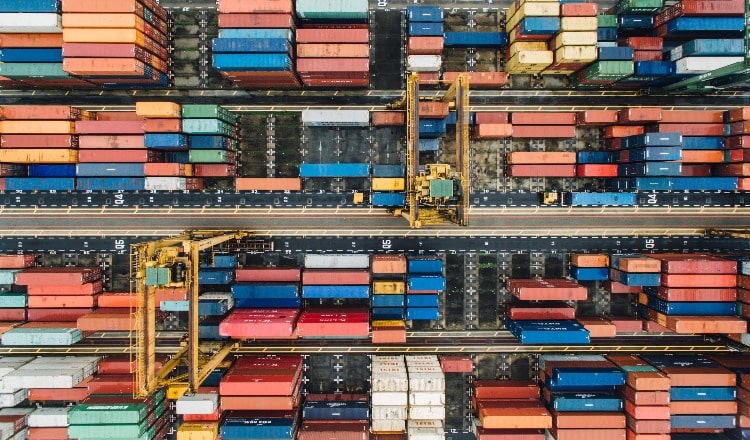At any given time, 16 million people are estimated to be in forced labour in the private sector. That’s more than one in every 500 people.

Workers across all industries – construction, agriculture, fashion, electronics, mining, cleaning, hospitality and many other more. This is an injustice that is not limited to one continent; it is endemic all over the world. Considering the scale of the problem, what needs to be done to tackle the inequalities existing in our current global production system and make sure people everywhere are free from forced labour? Could import controls be the answer?
First, we must remember that the exploitation of people in forced labour to produce the goods and services that we use daily, is not an inevitability. There are methods that can make sure that forced labour in global company supply chains comes to an end.
Strong laws that protect people and planet
At Anti-Slavery International, we have been working to call for governments to introduce strong laws that would make companies fully responsible for the human rights abuses and environmental harm in their supply chains, in turn compelling companies to take meaningful steps to prevent and remedy forced labour, and making sure victims have access to justice. There is a growing movement from non-governmental groups, business and parliamentarians to introduce laws which make full due diligence of possible environmental and social harm a mandatory requirement for all businesses.
It is important that companies operating globally take this responsibility; in their demand for ever-cheaper goods, companies are pushing suppliers to go to further lengths to make the profit margins work. This downward pressure frequently results in exploitation and forced labour.
Import controls
In June 2021 we welcomed the G7’s commitment to make sure that global supply chains are free from the use of forced labour. The G7 leaders tasked G7 trade ministers to identify areas for strengthened cooperation and collective efforts towards eradicating the use of all forms of forced labour in global supply chains.
We believe one of the key areas for alignment across the G7 is the introduction of import controls on goods made or transported (wholly or partially) with forced labour. Import controls are a powerful measure that compel companies to make sure forced labour is not in their supply chains. Governments’ custom authorities can identify specific products, manufacturers, fleets, or companies whose goods have a high likelihood of being tainted with forced labour, and then block or seize the import of these goods into countries. This protects consumers from inadvertently buying products tainted by forced labour, and reduces the demand for them. Import controls make those ultimately responsible for the forced labour halt and prevent further exploitation and provide remedy to victims. Such measures currently exist in the USA and Canada, and are expected to be introduced soon in Mexico.
Where an import ban is urgently necessary
Import controls are particularly urgent to address state-imposed forced labour. Cotton from Turkmenistan and numerous products from the Xinjiang Uyghur Autonomous Region continue to permeate global supply chains. Introducing import bans on these products is urgently necessary, to deliver real consequences to companies which are not taking seriously the human rights of their workers. Without taking these steps companies remain complicit in this state-imposed forced labour.
In recent months, the European Commission has too begun to assess how to introduce “effective action and enforcement mechanisms to ensure that forced labour does not find a place in the value chains of EU companies”. Last week, the UK’s prime minister, Boris Johnson, also mentioned import controls as a tool against Uyghur forced labour in Prime Minister’s Questions (note that the UK does not have import controls in place), and the Australian Senate Foreign Affairs Committee also recommended the introduction of import controls to address Uyghur forced labour.
Welcoming these developments, we, together with the European Centre for Constitutional and Human Rights, have published a position paper on when and how governments should introduce import controls to end forced labour.
The right joint approach
Import controls should not be the only measure used to address forced labour in global supply chains. Instead, they should be introduced as part of strong legal, trade and development framework to address the root causes of forced labour – poverty, lack of legal protection, worker representation and discrimination. In particular, we have worked for many years to call for the introduction of stronger laws such as mandatory human rights and environmental due diligence (mHREDD), and we believe that the two approaches – mHREDD and import controls – are complementary.
Although specifically concerned with developments in the EU, this position paper is applicable to all governments. We need to see alignment from all states – as called for by the G7 communiqué – to have any hope to bring justice to victims of forced labour, and to end the persistent profit from exploitative labour around the world.